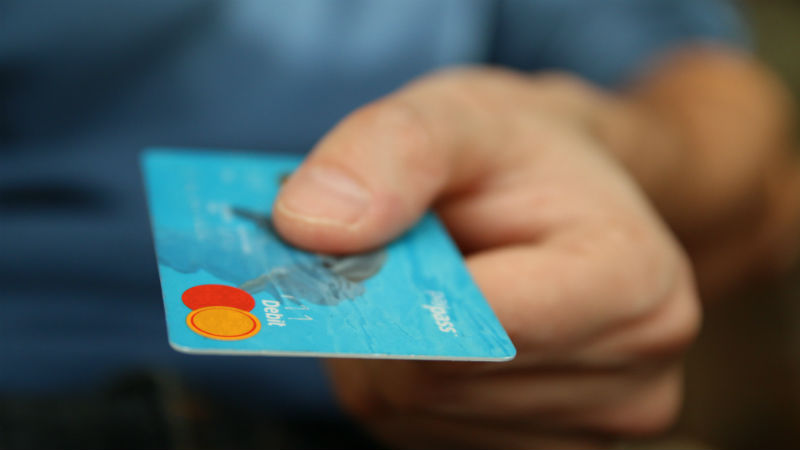
Sign up for breaking news, reviews, opinion, top tech deals, and more.
You are now subscribed
Your newsletter sign-up was successful
Consumers will continue to shun the use of cash in the aftermath of the Covid-19 pandemic, with huge growth in demand predicted for digital cards and services such as Apple Pay and Google Pay.
A report produced by the Emerging Payments Association analyzed popular ways of paying for goods and services across Europe, finding that digital wallets are increasingly being used in place of cash, as well as credit and debit cards.
UK-based fintechs including Monzo, Revolut and Starling look set to benefit most from the huge growth in digital payments, the report added, with fintech investment in the UK alone reaching £3.8bn last year.
- Check out the best money transfer apps and services
- Have a look at the best accounting software
- The best tax software
Digital wallets
The report added that mobile payments are set to increase dramatically in the near future, with 8.3 million people (19.1 per cent of smartphone users) in the UK having made at least one mobile payment in the last six months, and digital payments made using mobile phones expected to rise 25.5 per cent by 2023.
Over 70 per cent of debit and credit card payments in Britain are now contactless. Meanwhile, demand for physical cash has slumped to an all time low, with ATM withdrawals falling by up to 57 per cent since the lockdown period began, according to recent data from the Link network.
Nicolas Mackel, CEO of Luxembourg for Finance, said: “The switch to digital payments looks set to happen much quicker than the shift to cards did in the past. The method of payment is becoming less important than the platform used, to the extent of becoming invisible.”
- We've also highlighted the best budgeting software
Via Telegraph
Sign up to the TechRadar Pro newsletter to get all the top news, opinion, features and guidance your business needs to succeed!
Rob Clymo has been a tech journalist for more years than he can actually remember, having started out in the wacky world of print magazines before discovering the power of the internet. Since he's been all-digital he has run the Innovation channel during a few years at Microsoft as well as turning out regular news, reviews, features and other content for the likes of TechRadar, TechRadar Pro, Tom's Guide, Fit&Well, Gizmodo, Shortlist, Automotive Interiors World, Automotive Testing Technology International, Future of Transportation and Electric & Hybrid Vehicle Technology International. In the rare moments he's not working he's usually out and about on one of numerous e-bikes in his collection.
